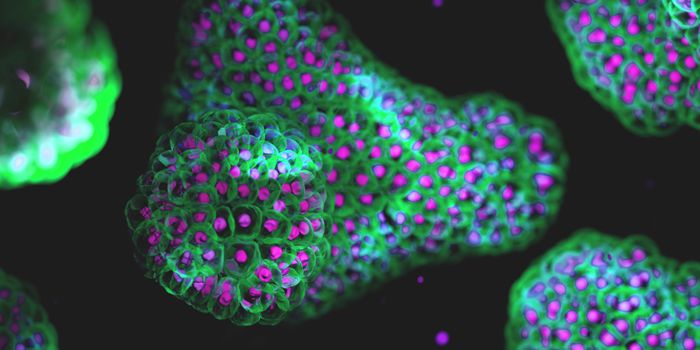Neglected diseases are those that affect the world’s poor and are usually common in tropical areas. A new discovery could aid in the treatment of one such disease, Visceral leishmaniasis (VL) which is also known as Kala-azar. Researchers at the University of Dundee in New Zealand, an area of research on neglected diseases, have found a protein that can help improve the efficacy of a drug that was recently identified as a therapeutic for VL.
VL, described in the video above, that affects roughly two to four hundred thousand people globally, according to the Centers for Disease Control. It is a parasitic infection that can range from a silent infection, with no symptoms, to more serious cases of fever, weight loss and liver and spleen problems. It primarily affects people in Brazil, India, Nepal, Bangladesh, Ethiopia, South Sudan and Sudan. The current treatments have considerable limitations such as high cost, toxicity, side effects, prolonged administration and drug resistance; there are no vaccines.
"There has been considerable interest in developing new compounds to target diseases like leishmaniasis, particularly because the existing drugs are very unsatisfactory and increasingly becoming unusable due to resistance in the parasite," said Professor Alan Fairlamb, Wellcome Principal Research Fellow in the School of Life Sciences at Dundee. He is the senior author of
the work, reported in PLOS Pathogens.
Fairlamb, in collaboration with Dr. Kevin Read and colleagues have previously shown that one drug used to treat tuberculosis, called delamanid, can potentially also treat VL. Their new work with a team at the Wellcome Trust Sanger Institute in Cambridge, UK, identified a protein that is characterized as a nitroreductase – an enzyme that targets nitrogen compounds, and shows that it can improve the efficacy of delamanid as a VL nitro-drug. An example of a nitroreductase is shown below.
The researchers term the newly found protein nitroreductase NTR2. The researchers show that it can result in hypersensitivity to bicyclic nitro compounds like delamanid. Another type of nitroreductase, NTR1, activates other types of nitrogen compounds, monocyclic nitro-drugs.
"One concern has been that if all nitro-drugs are activated by NTR1, then loss of this protein would lead to widespread drug resistance to both unicyclic drugs (fexinidazole) and bicyclic drugs (delamanid). We have discovered this new protein, NTR2 that specifically activates drugs like delamanid but not fexinidazole," explained Fairlamb
"This knowledge is extremely important in that it allows us to design better drugs activated by NTR2 and to suggest drug combinations that will reduce the risk of emergence of drug resistance through loss of either NTR1 or NTR2 activity. It also provides a potential diagnostic marker for resistance should it arise," said Fairlamb.
One drug identified by the researchers, fexinidazole, is undergoing phase II clinical trials in Africa as part of the Drugs for Neglected Diseases initiative. Delamanid has been considered for immediate trials in VL patients.
"Further work is now needed to find the most appropriate partner drugs to be used to increase efficacy and decrease toxicity in patients, to minimize the risk of drug resistance emerging and in designing second generation drugs.” Fairlamb concluded.
If you would like to know more about neglected disease of the world, watch the following video.
Sources:
AAAS/Eurekalert! via
Dundee University,
PLOS Pathogens









